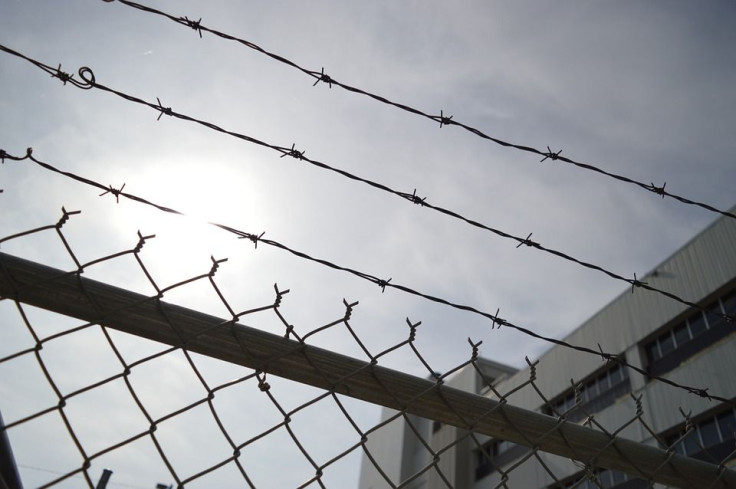A Texas death row inmate who was sentenced to death has won his case for a reprieve from execution Wednesday evening. The defendant claimed that the state was violating his religious rights by not allowing him to be touched and blessed by his pastor at the time of his lethal injection.
John Henry Ramirez, 37, was convicted and sentenced to death for brutally killing Pablo Castro, 46, a convenience store worker in Corpus Christi for merely a dollar, as previously reported by the Latin Times.
Prosecutors said that Ramirez was involved in a series of robberies and had stabbed Castro 29 times, killing him. They added that the inmate and two women sought cash after a three-day-drug spree. Ramirez was arrested 3 years and six months years later after successfully crossing borders to Mexico.
His lawyer, Seth Kretzer, had argued that the death row inmate's First Amendment rights must be respected by the Texas Department of Criminal Justice. The lawyer claimed that they are violating the man’s right to practice his religion. Ramirez and his camp requested a pastor to vocalize prayers while touching him as he was executed but was denied.
Kretzer dubbed the circumstances a spiritual "gag order." He further stated through court documents that the ban is hostile towards religion because they are denying a man his religious practices in the most vital and precise moment it is needed, like when people pass on to the other side.
NBC News reported that the US Supreme Court has decided to block his scheduled execution about three hours after he could have been injected with the lethal injection.
Jason Clark, spokesman for the Texas Department of Criminal Justice stated that the inmate, Ramirez, was detained inside a small holding cell, just a few feet away from the Texas death chamber located at the Huntsville Unit prison. He added that Ramirez was quiet when he learned about the reprieve and he just shook his head while saying “thank you very much. God bless you.'"
Ramirez’s case could be argued sometime in October or November as the court directed its clerk to establish a briefing schedule, a brief order stated.
In recent years, specifically in Texas and Alabama, the Supreme Court has a history of granting stays halting several executions, mostly over the manifestation of the clergy or religious counselors in the death chamber. The country’s highest court has only granted execution stays relating to issues of religious practice or discrimination.
The nation’s busiest capital punishment state, Texas, has six more executions scheduled for later this year.




